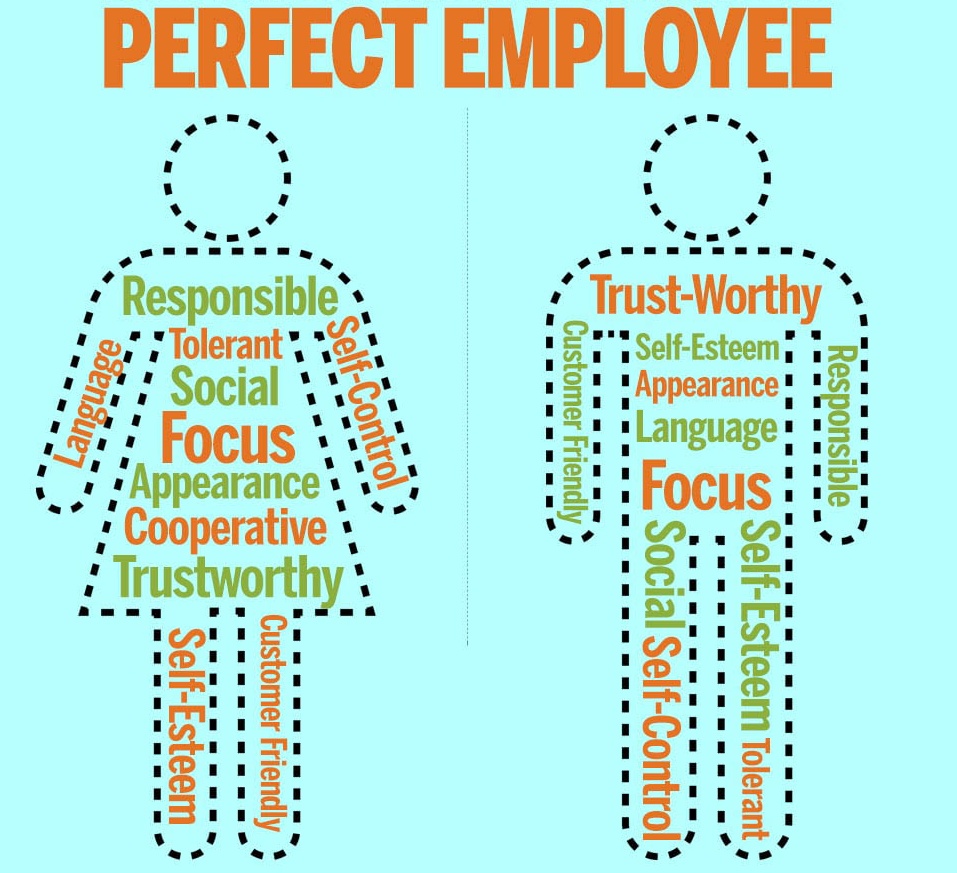The job market is favorable to young people, who just start their careers. However, there are some things that may interfere with your plans, expectations, and ambitions. Young graduates often lack key universal skills that are highly praised by all employers and companies.
Open new career opportunities with Jiji.ng
Effective communication
Employers admit that communication skills are the first thing for young people to improve. It turns out that the majority of graduates don’t know how to write a CV and an application letter, how to create laconic presentations and express their ideas logically.
An ability to write well is a seemingly simple thing that will help you be noticed quickly. It is a huge advantage. Illiteracy also attracts attention, just in a negative way. Remember the following things to avoid common mistakes.
- Express your ideas clearly and in simple words. This will help to succeed in marketing, consulting, and sales – some of the most popular spheres of occupation.
- Cure your social media syndrome. We’ve got used to communicating in abbreviations, incomplete sentences, emojis, and chaotic phrases. And although HR specialists find almost ⅓ of employees via social networks, official communication protocols still matter.
- Learn to tell your story. There is no need to retell the CV during the interview; tell about your achievements and experience instead. Make it all sound like a story.
- Learn the basics of business communication. Even if you never had an opportunity to do it during studies or internship, google this information or buy a book.
Top in-demand skills
While communication skills are a significant requirement, they are not the only thing to focus on. Every company has specific criteria for selecting staff, which depend on the specific features of the business, but in addition to proficiency, there’s a list of highly-praised universal skills.

- Complex problem solving – the ability to detect problems, find several ways to solve it, and analyze the possible risks for the project.
- Critical thinking – this is what makes you different from robots that can undertake the mechanical part of work, while you decide how to make business processes effective.
- Creativity – an extraordinary approach to any problem, an opportunity to generate uncommon and original ideas that will be suitable for particular cases.
- Human resources management – this is not about control only, but more about the communication, mutual understanding, and building highly-efficient teams.
- Effective interaction – opportunity to adjust to different circumstances, find common ground with team members, find compromises, and share duties.
- Emotional intellect – ability to recognize true emotions and motives of the behavior of people that surround you, react properly, and use the talents of team members for achieving your company’s goals.
- Analysis and decision making – an opportunity to collect, systematize, and analyze the information, make optional decisions based on what you find out, and do it all quickly.
- Customer centricity – finding ways to provide high-quality services and assistance for clients, which will benefit a company in general.
- Negotiating – a talent to find the solutions that satisfy both parties, see compromises, coordinate the participants, iron out differences, prevent conflicts, and manage the process in general.
- Mental flexibility – opportunity to find an alternative way out of a particular situation, to implement new technologies into business processes, and use information you possess for the benefit.
Find new job today with Jiji app









